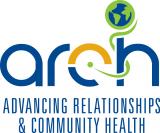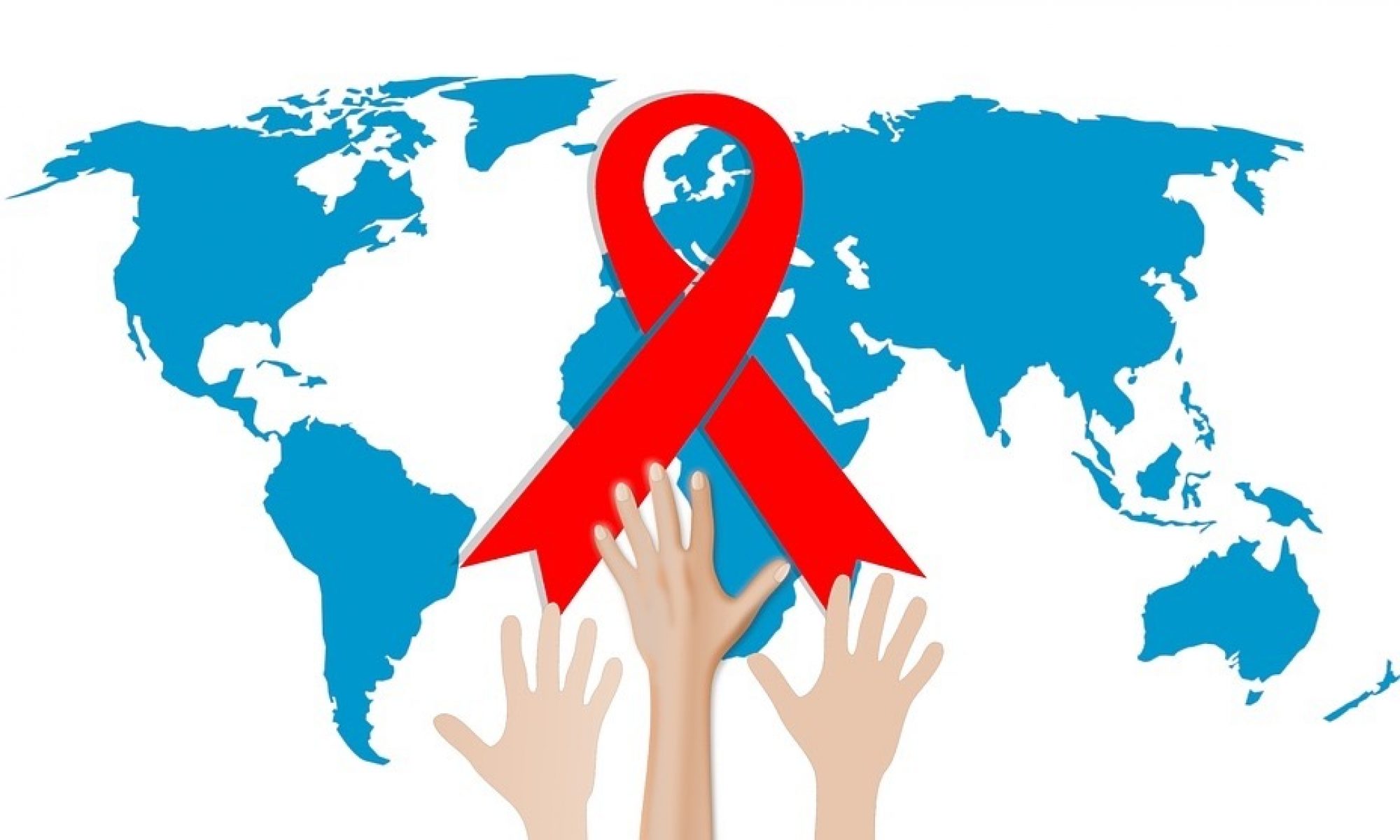-
Who is our Community Partner?

Our Community Partner is The Yale School of Public Health’s ARCH Lab. Cecil Tengatenga, of Yale School of Public Health ARCH Lab was the one who submitted the proposal to get this important issue addressed. The Hartford Health Department has supported the process and certification of CHW’s working in the Hartford HIV community, particularly, in regard to the betterment of linkages to the needed care of ethical and sexual minorities. The ARCH Lab, which stands for Advancing Relationships and Community Health conducts community-based research highlighting three core contexts: Romantic Relationships, Peers and Social Networks, and Family. The ARCH Lab’s approach to community-based public health research is unique because they incorporate these relationships and the influence it has on health with sexual, reproductive, and maternal/paternal-child health. With the data that is gathered through ARCH research projects, evidence-based intervention programs are produced to improve community health through nourishing these important relationships. ARCH is committed to advancing the health of our communities through the strengthening of our bonds and aspires to do so in Hartford through the Action Lab HIV CHW Action Lab research team. To learn more about the ARCH Lab please click the following link https://arch.yale.edu/

-
What are CHWs?
By now we’ve mentioned the term Community Health Worker – or CHW – several times. However, most people have not heard of the term itself.
According to legislation passed in 2017, a CHW is “a public health outreach professional with an in-depth understanding of the experience, language, culture and socioeconomic needs of the community.” CHWs work as a liaison between community members and health care providers, helping to translate between marginalized communities in order to reduce health disparities. They also frequently perform outreach and education to the broader community.
In other words, a CHW is someone who helps serve their community through truly knowing the community. A CHW communicates between the medical staff that their clients see while also helping to address other personal needs. It can be hard for any of us to properly address what should be during a short fifteen minute doctor appointment. A CHW is a lifeline to clients here. They know the healthcare and insurance field well, and mostly importantly, they know the client a lot more. They are there to solely benefit their clients’ needs and help to strongly advocate for them when needed. This comes in a wide range of duties a CHW is equipped to advise their clients on. Not only are CHW’s trained how to come best prepared for a doctor’s appointment with one of their clients, they are trained with a wealth of knowledge of how to get the help their clients need such as groceries or help with finances. From something as simple of a client just needed to talk to having rides to their appointments. The CHW is “the swiss-army knife of the healthcare world” as one of our student researchers put it. Currently there are many who would already qualify to be grand-parented in as a CHW in the healthcare field. The other pathway to become a CHW in Connecticut is to go through the certification process at an education institution offering the certification program. To learn more on who already qualifies as a CHW or how to become one click on this link. ((link to Lucy’s section))
Though the concept of what a Community Health Worker varies by the state; it is slightly newer to the HIV sector and general healthcare fields in Connecticut. However, this may not be the case in many other parts of the U.S and the rest of the world. Individuals within the medical and human services community have been doing the described work of a CHW for hundreds of years even though an official title has only been recently given. The role of being a CHW has been around for “at least 50 years” (Uta Lehmann and David Sanders School of Public Health, WHO). These people can be anyone within their community who are more than capable of responding to the needs, societal norms, and cultural customs in order to be accepted. Specifically, “in recent years, Community Health Workers have been gaining national recognition for their ability to address the unique health and social issues within their communities’ (MPHSALUD.ORG).” CHW’s are the people who are stepping up and being the advocates and support systems for patients and families who lack certain types of guidance or resources. Tremendous work has been done by CHWs within the communities they work and live in.
-
What were our research questions?
To get the ball rolling on our research project we had to come up with the best research questions we thought would help best to address the needs of the HIV Community within the Hartford area and from the CHW’s working to fix it. We focused our project on the following questions:
- How do Community Health Workers improve health outcomes of their HIV-positive patients?
- How do new certification requirements impact the work of CHWs?
